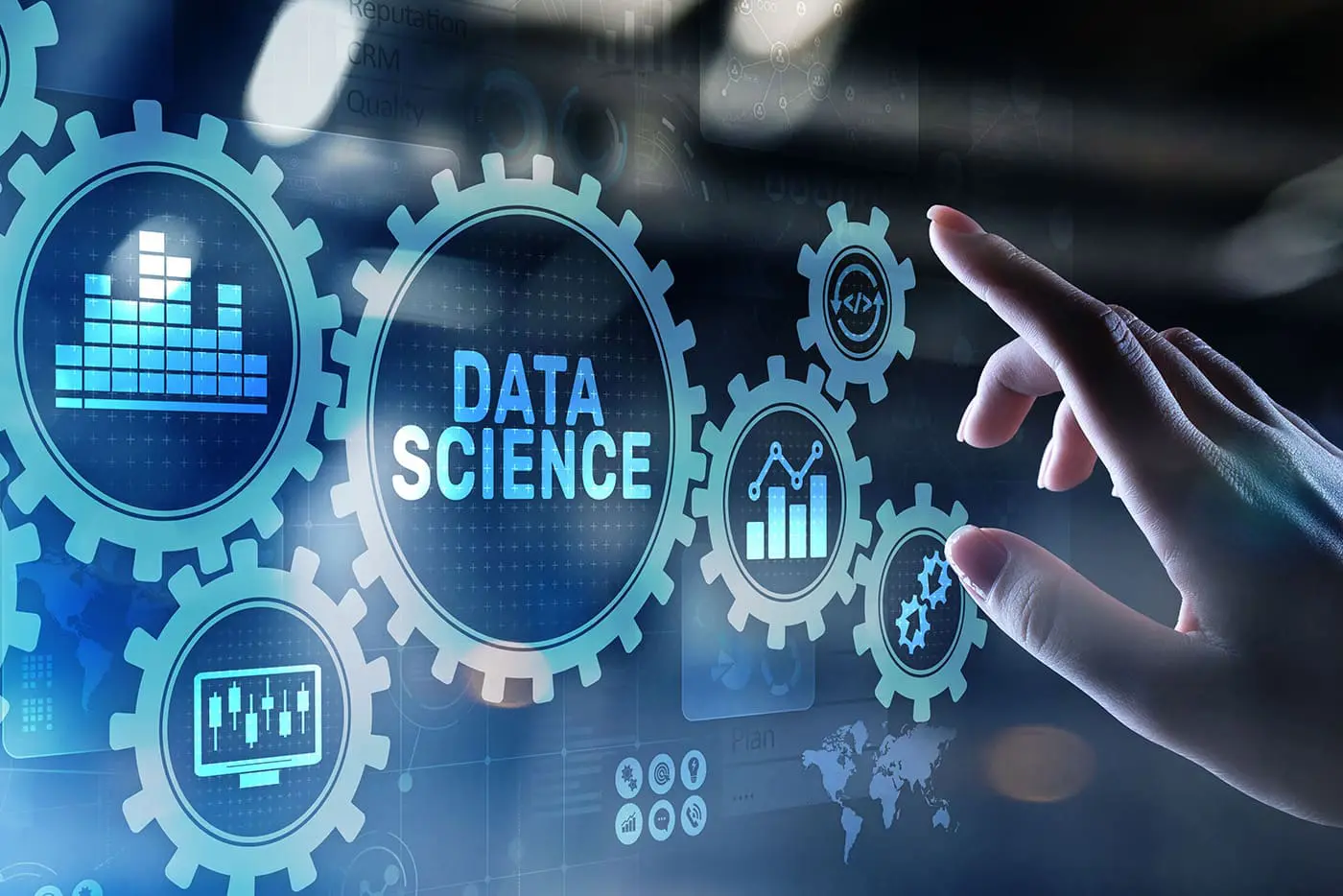
In the digital age, data science has emerged as a crucial discipline, revolutionizing various fields by transforming raw data into tangible insights. From healthcare to finance and from marketing to sports, the relevance of data science continues to expand, driven by the increasing availability of data and the need for data-driven decision-making.
Data science is transforming industries across the board, revolutionizing healthcare with predictive analytics that improve patient outcomes by identifying risk factors and personalizing treatment plans. For instance, predictive models can foresee disease outbreaks and optimize resource allocation in hospitals. In finance, fraud detection algorithms analyze transaction patterns to identify suspicious activities, significantly reducing fraud losses. Marketing benefits from customer segmentation and sentiment analysis, enabling targeted advertising and improved customer engagement, which lead to higher conversion rates and customer loyalty. In sports, performance analysis helps develop training programs and strategies, enhancing athlete performance and preventing injuries through data-driven insights. These examples highlight how data science enhances efficiency, accuracy, and strategic decision-making.
Data science encompasses several key components:
A data scientist's role is multifaceted, as it involves:
Essential skills for a data scientist include strong analytical thinking, proficiency in programming, knowledge of machine learning, and the ability to communicate findings to stakeholders.
The future of data science is promising, with several trends on the horizon, including increased automation, which will allow data scientists to focus on complex problem-solving by automating repetitive tasks. Integration with AI will lead to more advanced predictive models and intelligent systems. Enhanced data analytics will provide personalized recommendations and services, improving user experiences. As the demand for data-driven insights grows, the need for skilled data scientists will continue to rise, making it one of the most valuable and impactful careers of the future.
Moreover, ethical considerations and data privacy are becoming increasingly important in data science. Ensuring the ethical use of data and compliance with regulations such as GDPR is critical to maintaining public trust and avoiding legal repercussions.
Data science is a dynamic and rapidly evolving field with immense potential to impact various sectors. Its importance is undeniable, as it enables organizations to make informed decisions, optimize operations, and innovate. By 2025, companies that effectively leverage data are expected to capture substantial value, underscoring the strategic importance of investing in data science capabilities. Students and professionals should consider a career in data science, where opportunities are abundant and the ability to make a significant impact is ever-present.